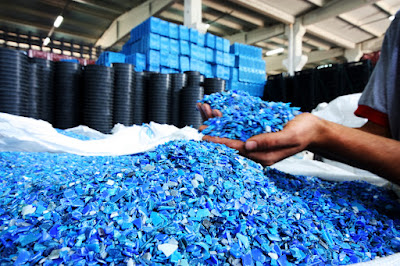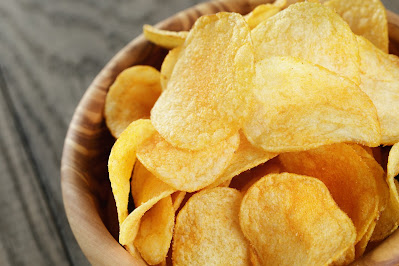Recycled plastics are the answer to a world stuffed with trash. The process of recycling plastics not suitable for reuse reduces the amount of trash in the oceans, creates additional revenue for the government, and saves landfill space. The process of repurposing used plastic also allows producers to make new plastic products from oil. Recycled plastics are a great alternative to non-recyclable materials, including glass and paper.
Recycled plastics have varied properties, but they are still a viable alternative to virgin materials. The increased process-ability and plasticity of recycled polyethylene make it an attractive choice for some applications. Compared to virgin plastics, the new characteristics of recycled plastics can improve their performance.
Polyolefins are the most widely used commodity thermoplastics, accounting for 40% of global consumption. Since they are amorphous, they can be easily separated from one another, making them suitable for recycling. However, polyethylene and polypropylene tend to separate into different phases when processed together. They are also less desirable for recycling than other plastics, and their applications are limited. Fortunately, the market value of recycled plastics has steadily increased over the past few years.
Although different kinds of recycled plastic cannot be mixed together for recycling, they can be incorporated into closed-loop processes. For instance, PET thermoforming sheets are commonly made with 50%–70% recycled material. The resulting 'super-clean' grades of rPET are now widely available for direct contact with food. They are safe for contact with food and are often used in food packaging. It's a win-win situation for both sides of the market.
Recycled plastics are not suitable for use in food. They are not food-safe. They may contain chemicals and have poor chemical or thermal resistance. The production process of new plastics can be costly and require a large amount of land. Hence, it is important to consider the environmental impact of products made of recycled plastics.
The process of repurposing plastics can be done in several ways. In some cases, recycled plastics are produced with chemicals in the raw materials. The reprocessing process can be done in a variety of ways. The main advantage of recycling is that it prevents the creation of non-biodegradable trash. Furthermore, the quality of the products can be recycled to be as close to virgin plastics as possible.




No comments:
Post a Comment